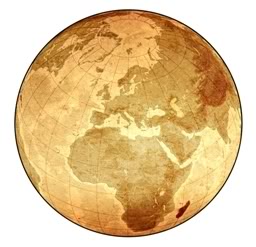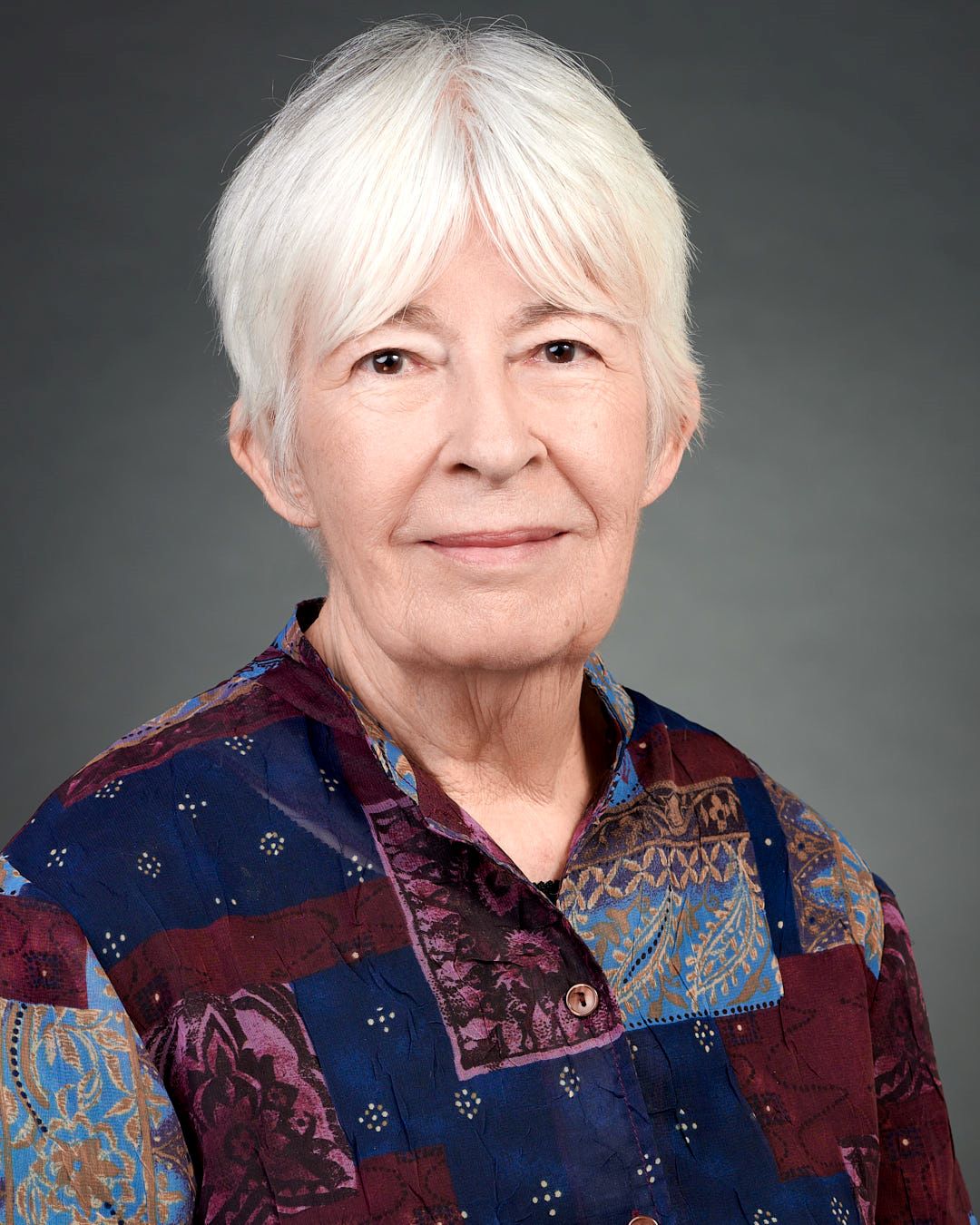What’s in a name?
By Juliet Marillier | March 29, 2007 |
 A fantasy novel that includes a convincing, original imaginary world AND a great story AND complex, memorable characters is a treat to be savoured. Sadly, for every one of those I discover, there are ten books I can’t get through. Poor research in fields I know about, such as music, is one major turn-off, and wayward choice of character and place names is another.
A fantasy novel that includes a convincing, original imaginary world AND a great story AND complex, memorable characters is a treat to be savoured. Sadly, for every one of those I discover, there are ten books I can’t get through. Poor research in fields I know about, such as music, is one major turn-off, and wayward choice of character and place names is another.
Hang on, you say – in an invented world, doesn’t anything go? If I make up a language, a mode of speech, a set of names, they belong to me, the author, and it’s not up to anyone else to say they do or don’t work.
Not so, at least not in the opinion of this rather picky reader. A slapdash approach to the linguistic framework of an invented world will turn me and others like me right off your book. The most basic tenet of fantasy worlds is that they should be internally consistent. You need not be Tolkien to achieve this in your naming. A philologist has the advantage over most of us in inventing languages. But I believe a basic knowledge of the way languages work is an essential tool for a fantasy writer.
I’m not saying your characters should speak in Elvish or equivalent – just that the character and place names within one realm / culture should sound as if they have the same linguistic origins. If you create several realms or cultures you need to do this for each of them. Think about the Mediterranean region, and how diverse the languages are within a fairly narrow geographic span. If you know even a little about languages, you can guess from someone’s name whether they come from France, Greece, Turkey or Egypt.
Fantasy writers often choose names from various real world cultures, contemporary or historical. Other writers invent names – this can work well if a logical set of linguistic rules is applied to their construction. Using The Lord of the Rings as an example, the Orcish names use only certain combinations of vowels and consonants, u, a, k, z and g being common. Elvish is rich in i, e, l, m and n. That’s a superficial analysis of complex linguistic work. But it shows how setting up rules for the character and place names of your culture can give them an authentic ring.
One thing that ruins a book for me is the mixing of names from assorted ‘real world’ cultures within a single ‘invented world’ culture. Some of our best known writers do this boldly (and people buy their books, which does make me think perhaps I’m a dinosaur from the time when we studied foreign languages at school and most readers were familiar with world geography, mythology, Bible stories and Shakespeare.) You really love the names Isabella, Caitlin, Xenophon and Ramses? Fine, but please don’t use them for siblings unless your novel is set in the hippie era! With some writers, sloppy naming goes alongside wayward, illogical mixing of real world botany and zoology, and a general mish-mash of cultural details.
Some authors get it fabulously right. Often that’s a result of creating a world that is very close to the real one but with a few striking differences. Jacqueline Carey’s Terre d’Ange and surrounding lands in Kushiel’s Dart and its sequels form an imaginatively realised version of early Renaissance Europe, complete with entirely convincing names and cultures; Guy Gavriel Kay’s The Lions of El Rassan is (almost) a historical novel set in Moorish Spain, full of well-researched detail. Place and character names reflect real cultures but are inventions; a second moon in the sky lets us know we are not actually in real history.
All writers can benefit from a knowledge of languages other than the one they write in; from reading as widely as possible, including great works of literature from other cultures; from becoming informed about the world beyond their own desks, communities and countries. For fantasy writers, much of whose craft consists of making the impossible appear possible, this kind of background not only adds depth to the work but makes writing a whole lot easier.
Footnote: Nobody’s perfect. I know there are naming errors in some of my books!
Illustration provided by Dreamstime.com.










For me, it’s the illusion of authenticity, like the world could actually exist, that make a great fantasy to me. So yes, names and language are a big part of that feel. It really bugs me when characters have a completely goofy made up name. Culture and historical moment do count in worldbuilding.
Great post, Juliet!
The books you mentioned sound interesting, Juliet. I’ll have to look into them.
I’m a big fan of depth and authenticity, and I love how research can lend itself to rich writing. Though I’ve never written a fantasy, your points make excellent sense.
Thanks for a great post!
One of my pet hates is the use of puns in English when naming people or things in an invented language. They completely destroy suspension of disbelief for me. If a work is set in another culture (real or imagined) we have to pretend we’re reading a translation, right? And puns simply don’t translate from one lingo to another.
Good point, Satima. I’m not guilty of punning (my mind just doesn’t work that way) but I’ve been guilty of another illogical use of language – giving people in non-English speaking cultures names with a significance in English that wouldn’t exist in their own culture. Example – using the name Sorrow for a character in my novel Wildwood Dancing, which is set in Transylvania. Nice resonance, appropriate to the story and possibly it doesn’t matter that the Romanian word for sorrow is tristete … The problem comes when another character tries to explain away the odd name by saying it’s actually Sorin (standard Romanian name.) I think I deleted that, realising it defied logic!
I think you can get away with Sorrow. We can pretend it’s been translated:-)